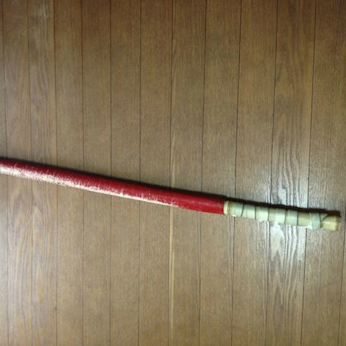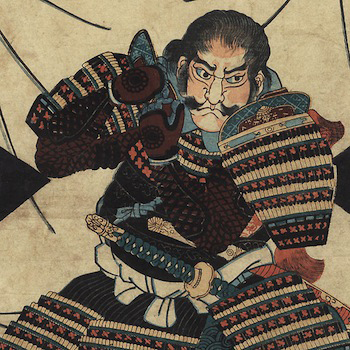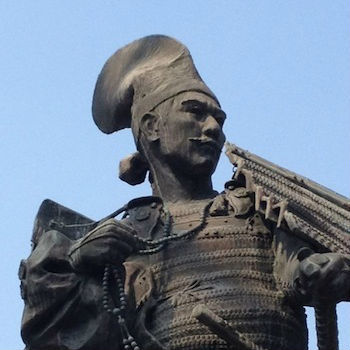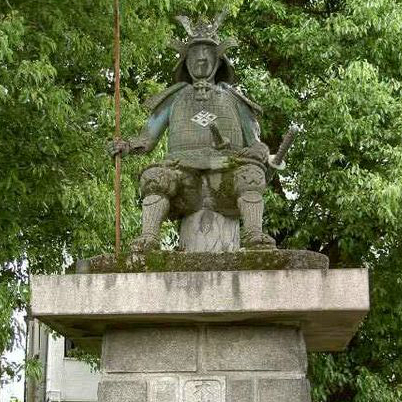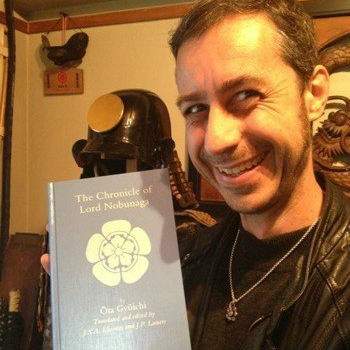武士にして最高峰の歌人! 文武両道ゆえに戦国で生き残った細川幽斎
第二十四回 SAMURAIファイル 細川藤孝(細川幽斎)
〈以下 英訳〉
In the Western world, the saying goes;“The pen is mightier than the sword.” For the samurai it was a case of “pen and sword in accord.” The samurai were not just skilled in the ways of war, but in the ways of culture, such as the tea ceremony and literature. One such samurai was Hosokawa Fujitaka, better remembered today as Hosokawa Yusai.
War that would culminate in the Battle of Sekigahara broke out between an East and West divided Japan on August 29, 1600, when the Eastern allied Hosokawa Yusai was attacked by 15,000 Western samurai in Tanabe Castle in Tango, the modern-day northern districts of Kyoto Prefecture.
The semi-retired Lord Hosokawa Yusai was defiant in his defence of the fortress, despite his lack of numbers. His son, Hosokawa Tadaoki was participating in the fight against the Uesugi, a clan in Japan’s northern districts,leaving Yusai with just 500 men against 15,000. Yusai was an old man of 67, a brilliant scholar and poet, he was one of the very few who could read and interpret ancient 31-sylable Tanka poetry. It just so happened that many of the commanders of the attacking forces were former students of the old samurai, and "attacked" only half-heartedly out of respect for their teacher. Some deliberately failed to load projectiles into their matchlock weapons and cannon, firing off round after round of nothing but gunpowder.
Yusai had a number of rare and important books of poetry in his possession at the time of the siege. One of those books was an edition of the Kokinshu, a 20 volume collection of 1,100 mostly tanka poems ordered by the Emperor Daigo and completed in 922. Fearing that these and his other precious books may be damaged or lost in the attack, Yusai sent a messenger to the younger brother of the Emperor Go-Yozei, Prince Tomohito, requesting he send the samurai Maeda Gen’i to receive the books and pass them on to the Imperial family.
When this had been achieved, the Imperial Court, worried that they might lose such a distinguished scholar and noble samurai to war, advised Yusai to surrender. However, being the dignified, proud samurai they all knew him to be, he steadfastly refused.
The resulting siege lasted two months before the Western troops disengaged, just days before the Battle of Sekigahara. Yusai was thus successful in diverting 15,000 Western troops from joining the main battle at Sekigahara. Hosokawa Yusai lived another ten years in peace, dedicated to the arts.
- 1
- 2


